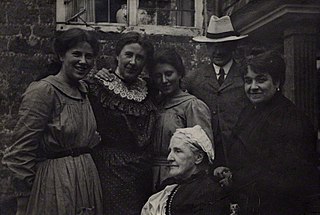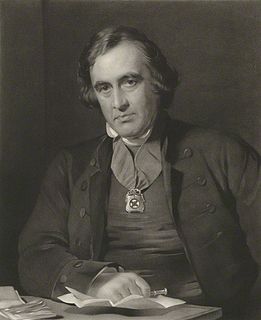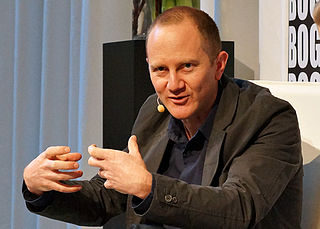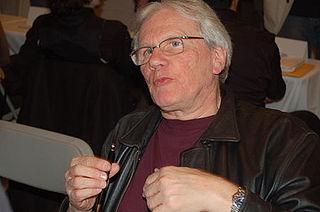A Quote by Logan Pearsall Smith
What I like in a good author is not what he says but what he whispers.
Quote Topics
Related Quotes
I think a lot of people have the idea of an editor being someone who comes in like a dictator, and says, "You can't have that scene." And it never is like that - or perhaps some editors are like that and they're assholes, and they're not good editors. A good editor actually says, "I respect you" and they understand that you have a vision and they're actually trying to help you realize it.
"The best is oftentimes the enemy of the good;" and without claiming for an instant that title of good for my book, I do not doubt that many a good book has remained unwritten, or, perhaps, being written, has remained unpublished, because there floated before the mind's eye of the author, or possible author, the ideal of a better or a best, which has put him out of all conceit with his good.
I didn't really had a good answer, as so often -- is me. But then somebody sent me the other day, Isaiah 49:16, and you need to go home and look it up. Before you look it up, I'll tell you what it says though. It says, hey, if it was good enough for God, scribbling on the palm of his hand, it's good enough for me, for us. He says, in that passage, 'I wrote your name on the palm of my hand to remember you,' and I'm like, 'Okay, I'm in good company.'
I think [James] Joyce sometimes enjoyed misleading his readers. He said to me that history was like that parlor game where someone whispers something to the person next to him, who repeats it not very distinctly to the next person, and so on until, by the time the last person hears it, it comes out completely transformed. Of course, as he explained to me, the meaning in Finnegans Wake is obscure because it is a 'nightpiece.' I think, too, that, like the author's sight, the work is often blurred.





































